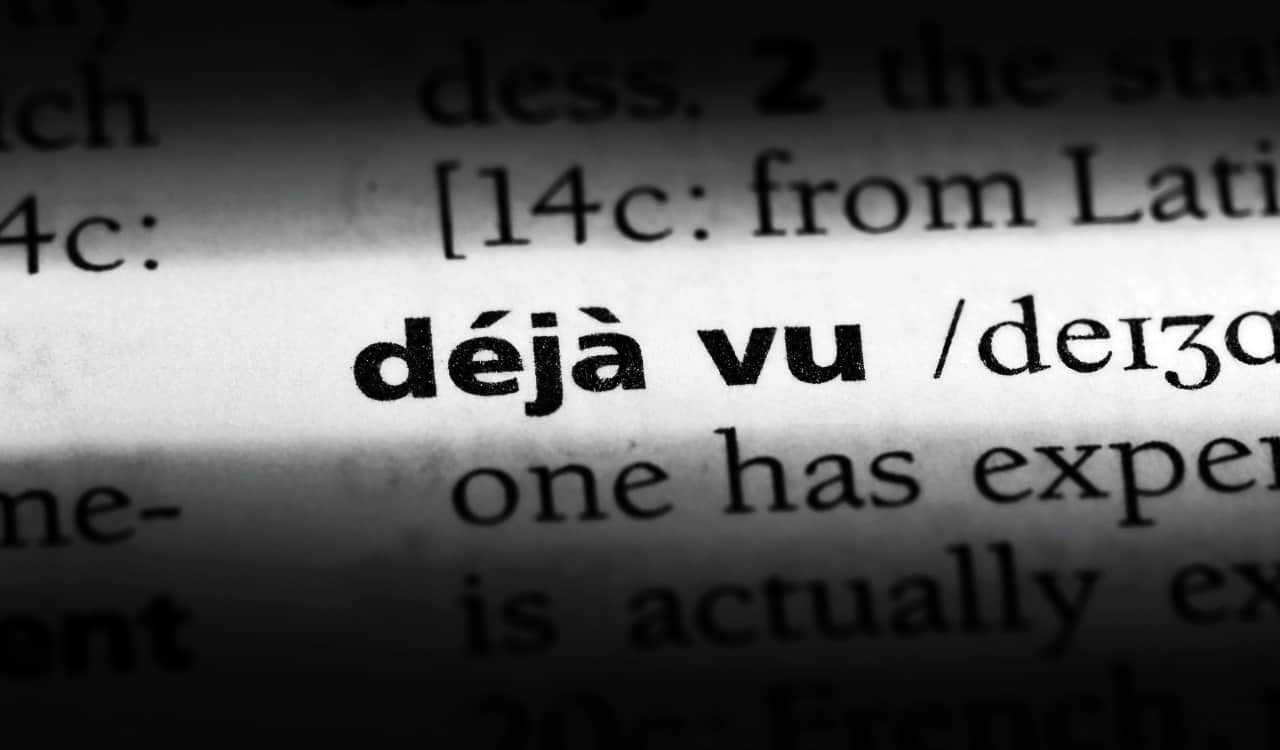It is said that science can explain pretty much anything, but this is not always true. There are many things that science simply cannot answer faithfully. This is why most scientists will tell you something like “This is what we believe at the time,” as things can always change. However, you might things known as “science rabbit holes.” It seems kind of odd, so let us explain. The idea of something going “down a rabbit hole” comes from Lewis Carroll’s Alice in Wonderland. Alice either falls into or is pulled down a rabbit hole, depending on the version you like, and she is transported into another world.
Of course, this world she entered was both crazy and unexplainable all while being in a true “wonderland.” Yet this is a surreal place that, in spite of its wonder, is somewhat troubling. That, in a nutshell, is what a science rabbit hole connects to. In that, the more you open it up, the more you’ll fall into the trap of this wonderful yet troubling subject. There is no end to it. There’s a lot that can be referenced in science when it comes to the “Rabbit Hole Analogy.” Due to the massive amount of them, we wanted to discuss some. We will explain how each is part of this science rabbit hole concept, while also doing our best to tell you why there’s so much wonder and doubt in the sector. That said, let’s get started on these crazy and/or infamous science rabbit holes!
Déjà vu

Déjà vu is the feeling that you lived through something in the past, and then experience it in the present. Your brain makes you think that this experience happened, often, right as you’re experiencing it in the present. It’s a French term, translating literally to “already seen.” Most like to connect Déjà vu to some sort of mysterious place such as the paranormal. There is no such thing as true precognition.

However, there has been proof that some people could accurately guess when certain things would happen. Sometimes this was due to direct information given to them (hidden at the time) or perhaps they just had an ability to follow patterns from studies put into place. Why does science seem to reject it? Déjà vu is one of those science rabbit holes that is simply impossible to understand. We all experience it as humans, meaning even scientists have dealt with it.
